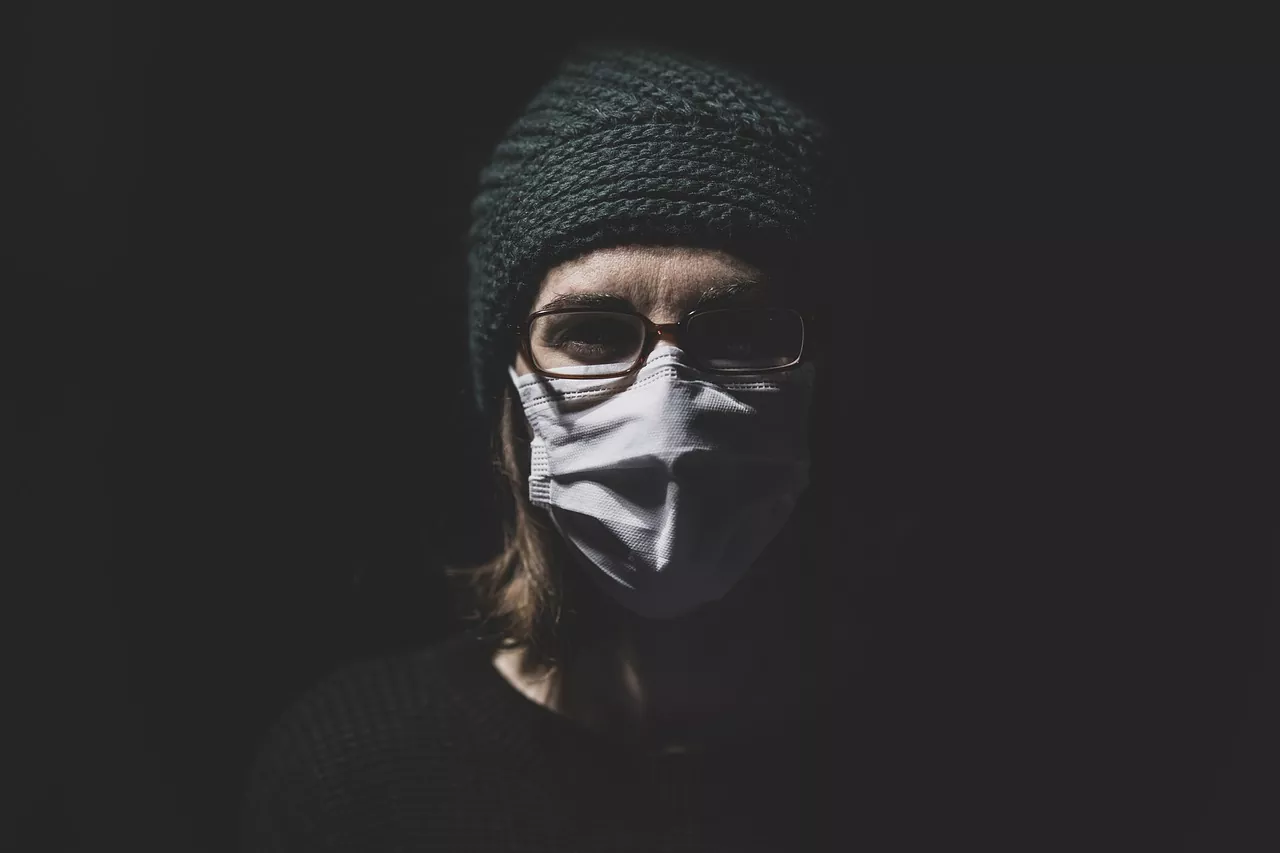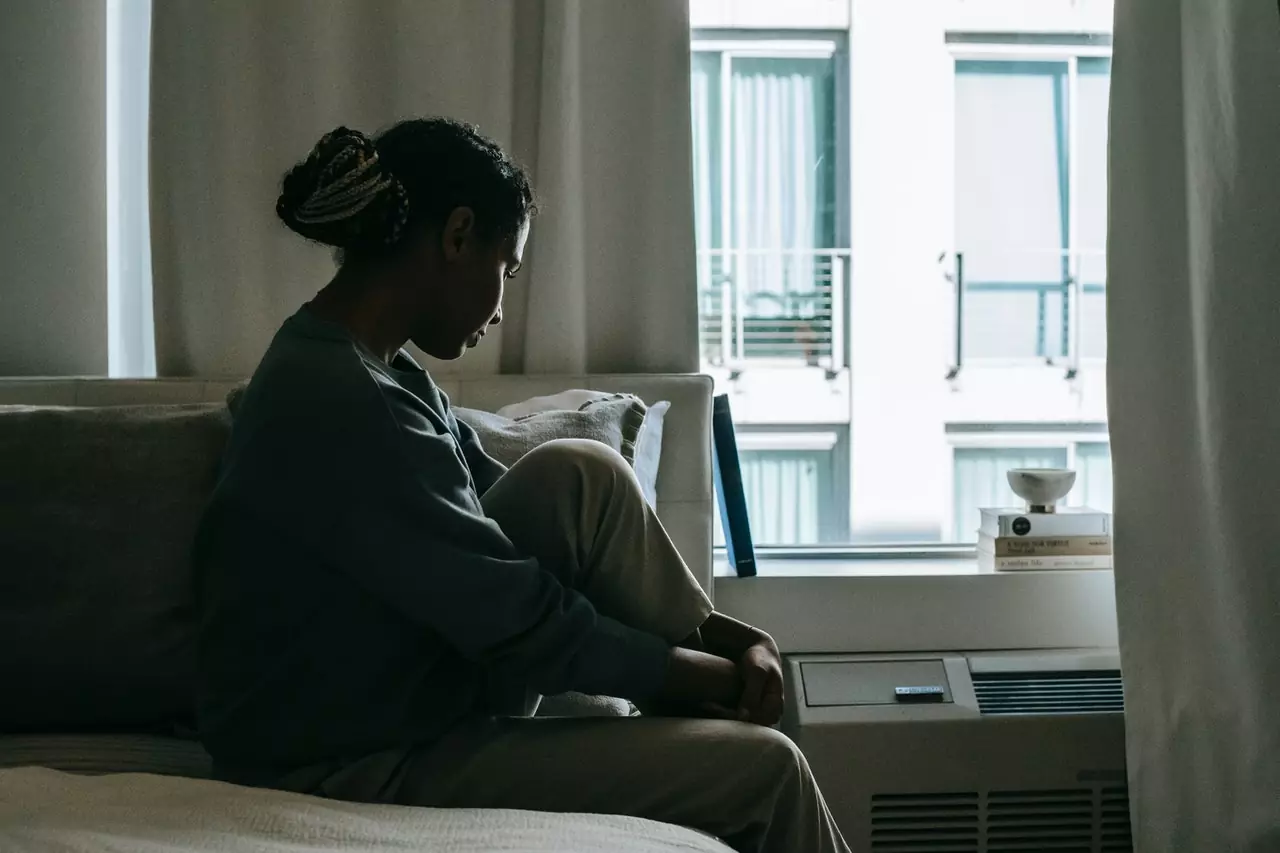
Learning to be Happy in a Post-COVID World!
This nightmare started back in December 2019 when we were living our normal lifestyle and growing with time. And, it still hasn’t ended yet. We are in the middle of the second wave around the globe and the third wave is yet to come. Over a year has been wasted since we are in constant lockdowns across the globe. So far, our everyday routines have changed, sources of happiness have changed, relationships have suffered, the feeling of anxiety and loneliness has increased, fears regarding life have increased, jobs were sacrificed, lives sacrificed, and a lot more has changed. Though families have united again, people are getting back to basics but the cost we are paying for it is invaluable. Sadness and fears appear like common issues with almost every person these days.
So far, the hottest question has been “When will all this get over?” but nobody has the answer. We all are living in a hope that one day soon it’ll be over and we’ll be able to get on the roads and live like we used to do. Everything is going to improve once the pandemic gets over. Instead of looking for the future, being in a state of fear and sadness has become better comforting.
Pretty soon we’ll be having better control over our lives thankfully because of vaccines and the healthcare sector working day and night for us. The pandemic will end and we’ll say goodbye to sadness and fears.
Talking about the trepidation, with continuous disappointments it has been quite natural to have an apprehensive feeling about the future even when you have the assurance of vaccine.
When happiness has been denied due to the fear of going out and risking your life, people are better at comforting them in the state of constant sadness and fears. Getting emotional over things, willing to make efforts but ending up being trapped among walls is harder, so people have comforted them in the state of sadness and fear.
Aimee Daramus, PsyD (Also the author of Understanding Bipolar Disorder) has said that:
If it feels scary, start with things that are always going to be there, like a favorite piece of artwork or a favorite album. Go back to familiar spaces that you missed, like a favorite museum or restaurant. Let yourself be fully present for all of the pleasure that you get out of it.
Walking towards happiness is going to be tough as some of your previous paths are not the same anymore. People, places, and experiences you used to enage in to derive joy may not be accessible or around you. Old routines are vanished after a long period of isolation.
Accoriding to Dr. Sabrina Romanoff (a clinical psychologist at Lenox Hill Hospital, NY):
people have adapted to less social interaction, less stimulation, and more personal time which have become the baseline of daily life.
Why is it being Difficult to find Happiness

Sadness has been the constant companion
Before diving into the why and hows of happiness difficulty, it is important to understand that nothing is wrong with you if you are not finding immediate happiness. You must welcome and feel feelings of all kinds with an open mind. Instead of thinking about why you are not able to feel or look for happiness, you should think about the possible root cause.
It takes time to recover from trauma
One thing you should consider is that your sadness and fears have a reason, it is not out of anywhere. The world has gone through a traumatic experience altogether and this situation of trauma is not going to disappear from the next day all this trouble gets over. Just as you feel anxious or sad after a fight, that feeling stays for a while. Similarly, this long feeling and situation of trauma are not going to resolve in a day. Your body and mind may keep themselves anxious to keep you safe. Your mental health has suffered for a long time and it need its time to recover itself from that damage. Give it time and it’ll deliver the sense of happiness sooner to you.
Our Interests have Changed
You might have explored new interests and might have left a few of the old ones behind. Because of the pandemic, the methods of entertainment and priorities of interests have changed rapidly. The thing you used to enjoy might not do the same for you now. Many people have changed their interests and many have discovered their talent in art, music, writing, and many more things. It is not about the bad things only, we’ve seen more artists coming up and try their art on social platforms. Interests have changed as per the priorities of life and based on other factors that affect the life of an individual.
People are now eager to step into a restaurant with friends and travel to their once-a-lifetime places. Interests have slightly shifted towards living life more. The interest which you have left behind may return once you get better with the trauma of the pandemic and the new interests might stay with you for always.
Sadness keeps us connected to those who lost to Pandemic
Many of us have lost someone close to us. Some have lost their father, some have lost their mother, some have lost their partner, some have lost their children, and some have lost their friends. Being happy after a great loss can feel like a betrayal as sadness and memories that make you sad when you think about them is one way to keep yourself connected to those who lost to the pandemic. Staying down and remembering them makes you feel connected and moving on will surely be a challenging process. Losing someone is way more traumatic than the sadness of a pandemic. Give it time, give time to yourself too. The bright time will come soon.
You might be suffering from a Mental Condition
Most of us don’t know about the mental conditions we might be suffering from. The emotions and difficulties you feel these days can be indications of such a mental condition. Emotions like anxiety, depression, or post-traumatic stress disorder (PTSD) can be the symptoms of a mental condition. Reported cases of mental illness have increased during the pandemic.
The number of cases of depression and anxiety in the united states has increased from 11% (June 2020) to 42% in December 2020 among adults. In February 2020, a study signified 22.8% of US healthcare workers were having a probability of PSTD.
Loss of interest in taking part in the activities you once used to enjoy can be a sign of depression and anhedonia (apathy). Those who are facing a major change in their mood, feeling of anxiety, constant sadness, and demoralization should prefer consulting a psychologist.
Getting Back to Happiness

Back to the Happy Times
If it is being hard to be happy for you, understand that a lot of things have changed. So, it will take time to learn where happiness exists now. Start from the little things that excite you the most. Don’t jump into a party or a vacation, try engaging with your pet, listening to your favorite music, play sports, go out for a walk, eat your favorite food, read some joyful books, etc. Engage in activities that boost your endorphins.
While you are exploring happiness with the activities you do, remember that every feeling that you feel throughout the process is valid. Don’t try to compare yourself with others like how they are doing, how they are finding happiness faster than you, why you are not able to do the same, etc., etc. You are different people with different emotions and different experiences. So, let the difference be there to tell you that every feeling you have is valid. Everyone has their own pace recovering from incidents.
